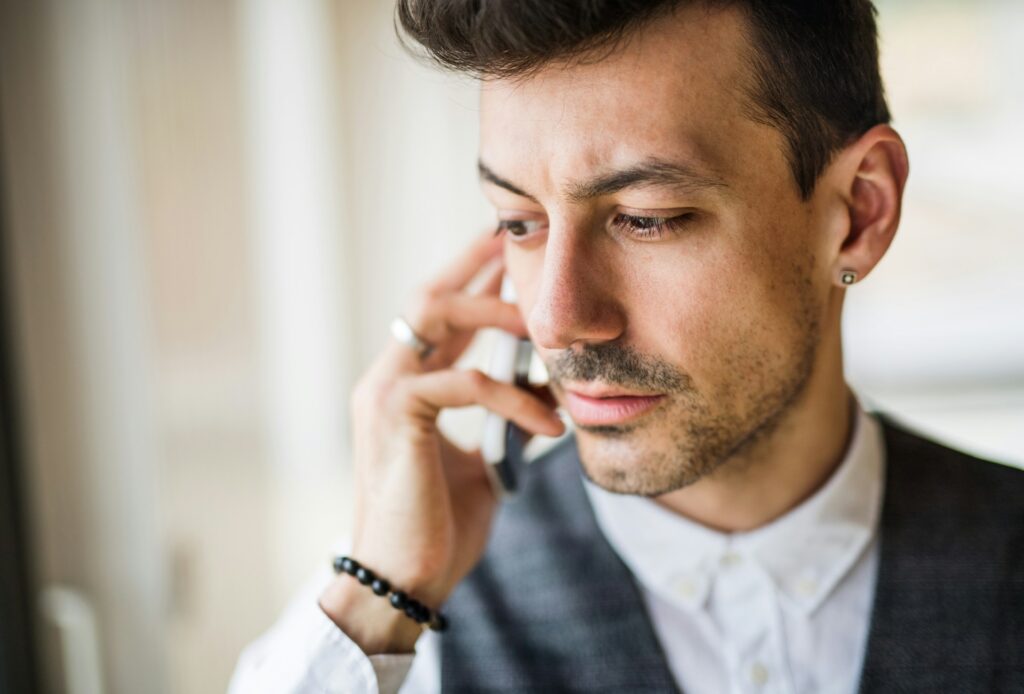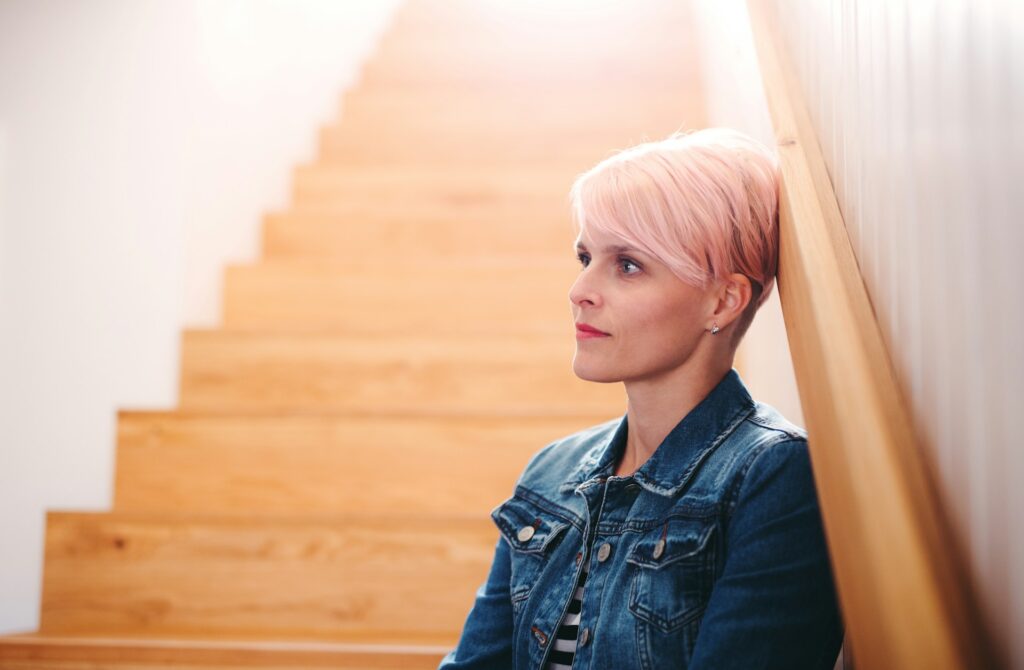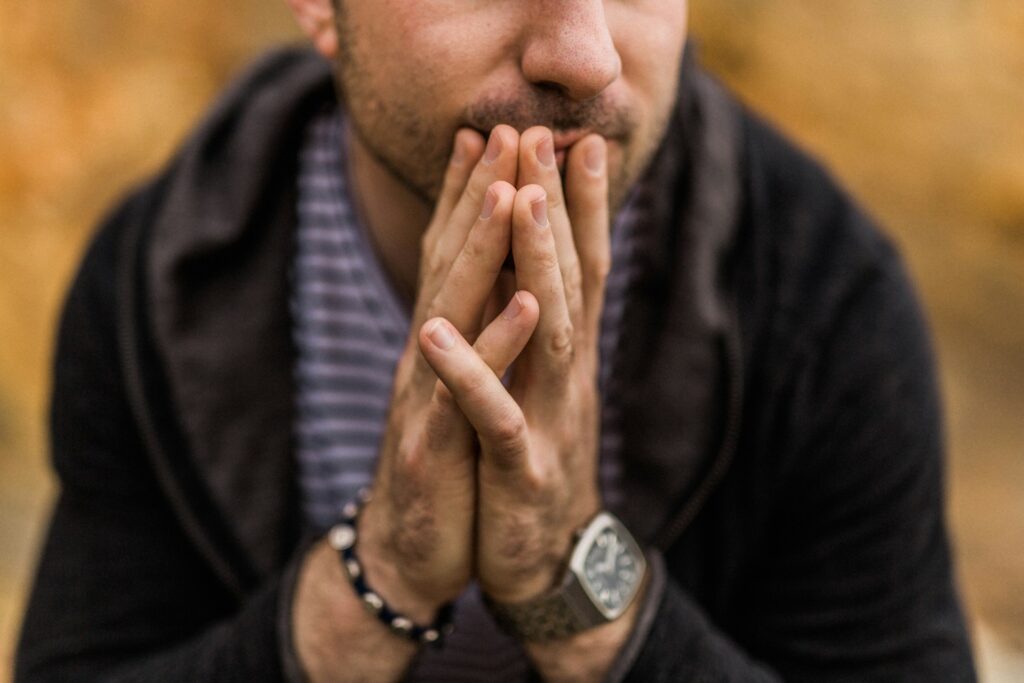Healing doesn’t always come with big epiphanies or dramatic changes.

Sometimes it moves slowly, in the background, reshaping you quietly while you go about your day. And because it doesn’t look or feel obvious, it’s easy to assume you’re stuck, but you’re not. Here’s how you know for sure that healing is already happening—even if you can’t see it clearly just yet.
1. You’re more aware of your reactions, even if you haven’t changed them yet.

You might still get overwhelmed, defensive, or anxious, but now you notice it while it’s happening. You catch the pattern, name the feeling, or recognise what’s triggering you in real time. This awareness is a big deal. It means you’re not running on autopilot anymore. Even if your responses haven’t changed the fact that you can observe them shows that healing is already underway beneath the surface.
2. You feel more discomfort sitting with things, but you stay anyway.

It used to be easier to distract yourself, avoid hard conversations, or numb out. Now you find yourself staying with difficult feelings a little longer—feeling them instead of instantly escaping them. This doesn’t always feel like progress. In fact, it often feels worse before it feels better. However, choosing presence over avoidance is a quiet act of growth you’ll look back on as a turning point.
3. You’re starting to say no without needing a dramatic reason.

It used to take total exhaustion or a meltdown before you gave yourself permission to decline something. Now, you’re starting to say no simply because it doesn’t feel right, and you’re learning that’s enough. This kind of boundary-setting might still feel awkward or selfish, but it’s a strong sign that you’re building a new relationship with yourself—one where peace matters more than pleasing.
4. You’ve stopped needing every moment to feel meaningful.

There was a time when every quiet day felt like failure. If you weren’t growing, learning, or “fixing” something, it felt like a waste. Now, you’re slowly starting to let moments just be—without trying to extract purpose from every one. This is a subtle change, but an important one. It means you’re healing from the belief that you must constantly prove your worth through productivity or insight. Sometimes being is enough.
5. You’ve caught yourself being gentler with your inner voice.

Maybe you’ve noticed the criticism isn’t quite as loud. Or when it does come, there’s a softer voice alongside it saying, “That’s not true.” This internal change doesn’t always feel powerful, but it’s significant. Learning to speak to yourself with more kindness takes time—and the early signs often show up in tiny self-corrections you barely notice. If those are happening, healing is too.
6. Your triggers haven’t disappeared, but they no longer ruin your day.

You still get triggered, and sometimes deeply, but the recovery is quicker. The spiral doesn’t last as long. You bounce back more easily, or you know what to do to ground yourself after. This kind of resilience isn’t flashy, but it’s a sign of real inner work. Healing doesn’t mean you’re immune to pain. It means you trust yourself to survive it without losing yourself in it.
7. You’re less desperate for answers and more comfortable with waiting.

Where you once needed clarity, certainty, or a fixed outcome, you’re now a little more okay with not knowing. You still want answers, but you’re not scrambling for them like you used to. That move toward patience is a deep sign of healing. It means your nervous system is settling. You’re beginning to trust the unfolding, even when the path is blurry.
8. You don’t feel the need to explain yourself as much.

You used to over-explain everything—your choices, your feelings, your needs—just to feel safe or understood. Now, you’re slowly learning that clarity doesn’t always require permission. It might feel like it’s no big deal, but it’s a sign that your self-worth is strengthening. You’re beginning to trust that you can take up space, even if other people don’t fully get it.
9. You’re noticing old patterns, but you’re not judging yourself for them.

It used to feel crushing to see yourself fall into a familiar loop. Now, you’re starting to watch it happen with a bit more neutrality. You still want to grow, but you’re not beating yourself up for not being perfect yet. This is a major sign of self-compassion maturing. Noticing without attacking yourself is one of the clearest signals that deep healing is happening—even if it’s not complete.
10. You’re creating space before you react.

It might be a pause before you hit send. A breath before you respond. A moment where you think, “Is this really worth the energy?” That space didn’t used to exist—but now, it’s showing up more often. That gap is where healing lives. It’s the space between stimulus and response where your power starts to return. The more you create that pause, the more control you reclaim over your reactions.
11. You’re not pretending to be “fine” as often.

You’re beginning to let a bit more truth out, even if it’s uncomfortable. You’re replying honestly when someone asks how you are. You’re admitting when things feel heavy. You’re not defaulting to “I’m good” when you’re clearly not. Letting go of performative wellness is one of the bravest acts of healing. It shows you’re no longer trying to protect your image at the expense of your reality.
12. You’re showing up for yourself on the hard days too.

It’s easy to do the inner work when you’re in the mood—when you’re rested, inspired, and things feel manageable. But now you’re doing it even on the low days, even when it feels pointless or messy. That quiet consistency is a major sign of emotional growth. You’re not waiting to feel strong before you care for yourself—you’re starting to care for yourself because you’re human, not just when you’re thriving.
13. You feel more like yourself, even if you can’t define why.

You can’t quite put your finger on it, but something is softening. You feel less performative. More connected. More comfortable in your own skin, even if you’re still working things out. This isn’t about confidence or clarity—it’s about coming home to yourself in small ways. If you’re noticing that return, even faintly, it means something in you is healing. You don’t need to force it. It’s already happening.


